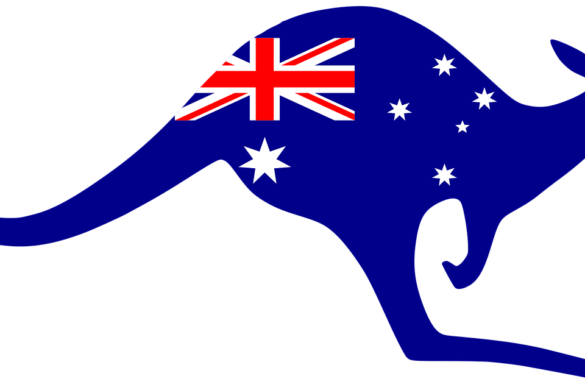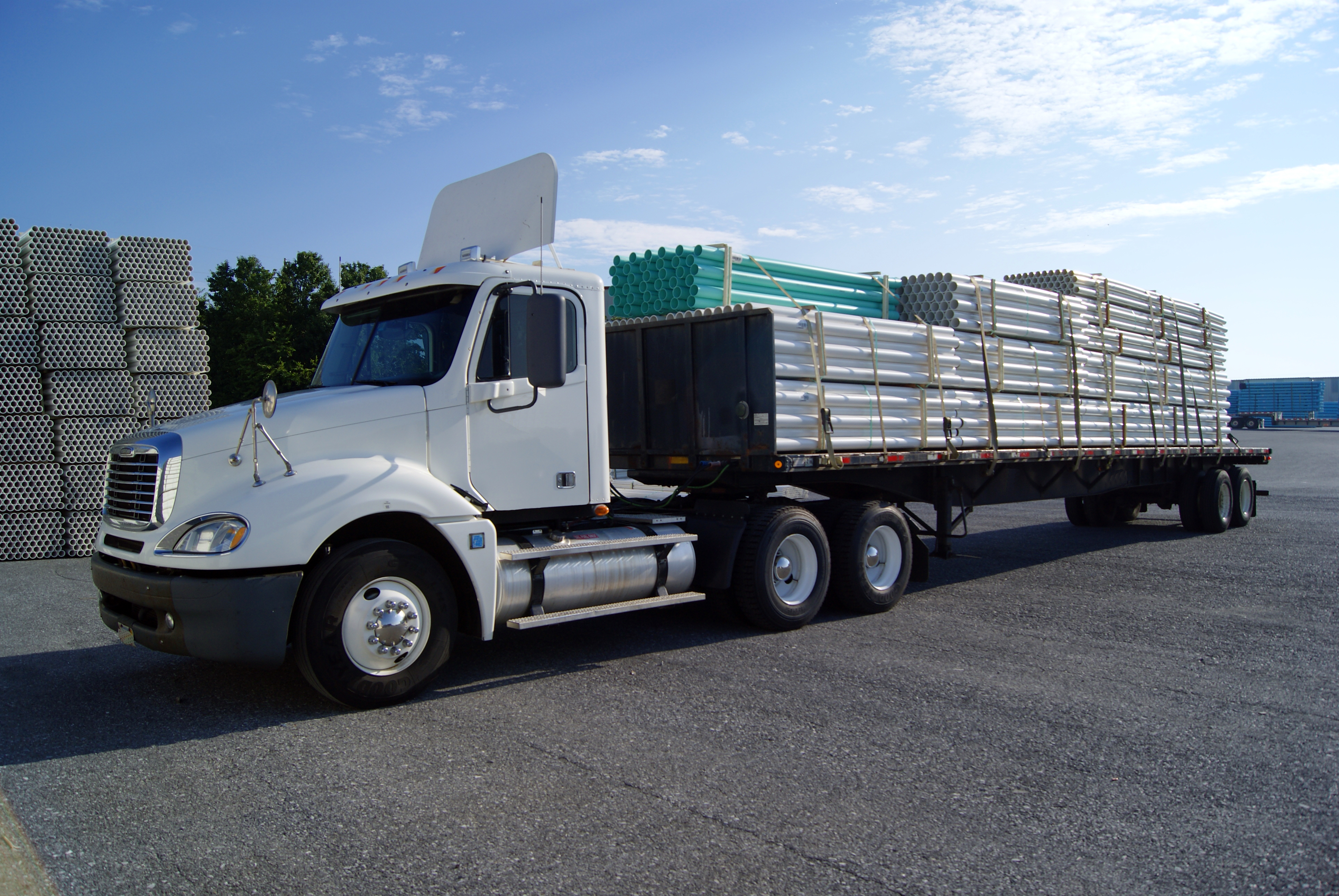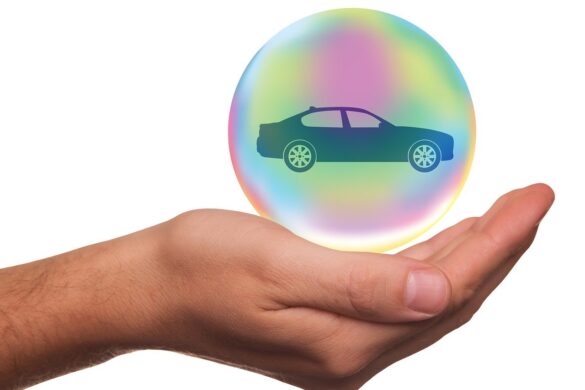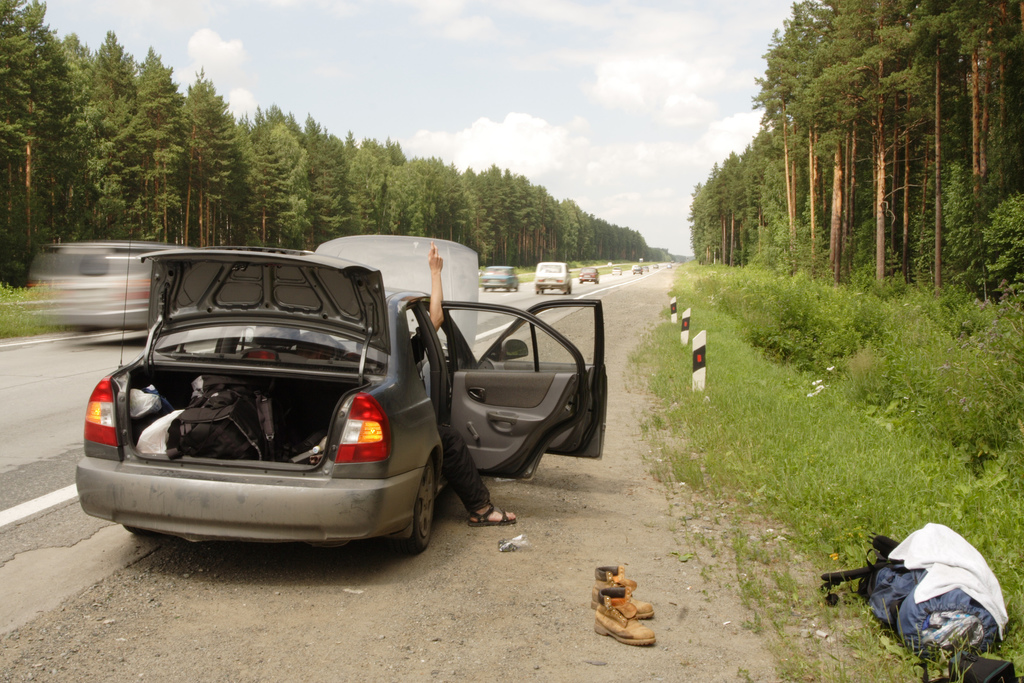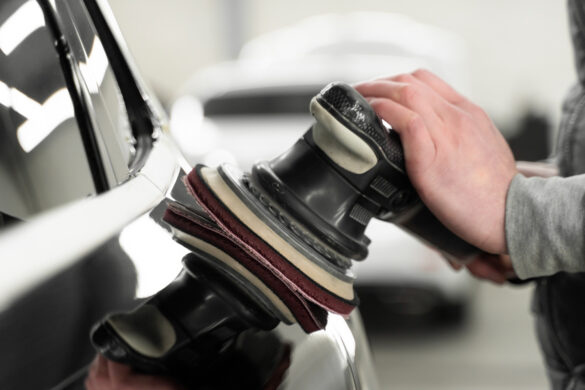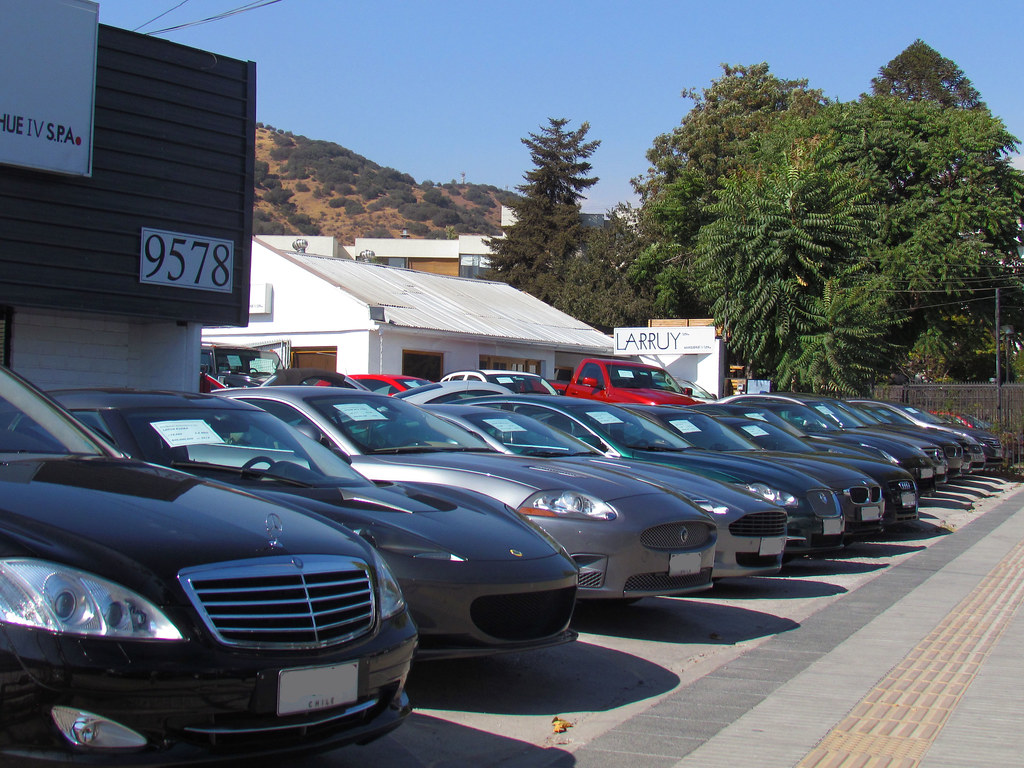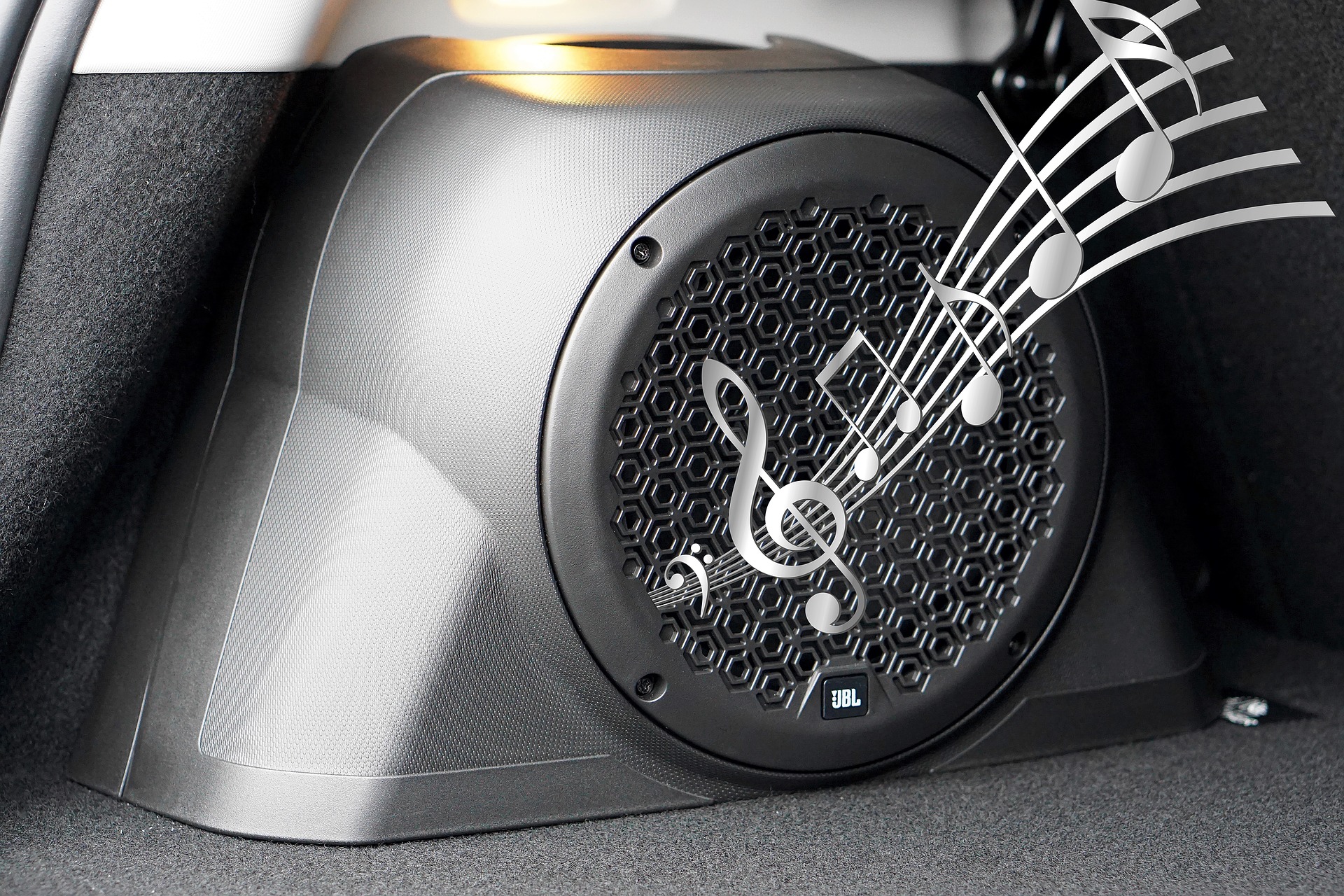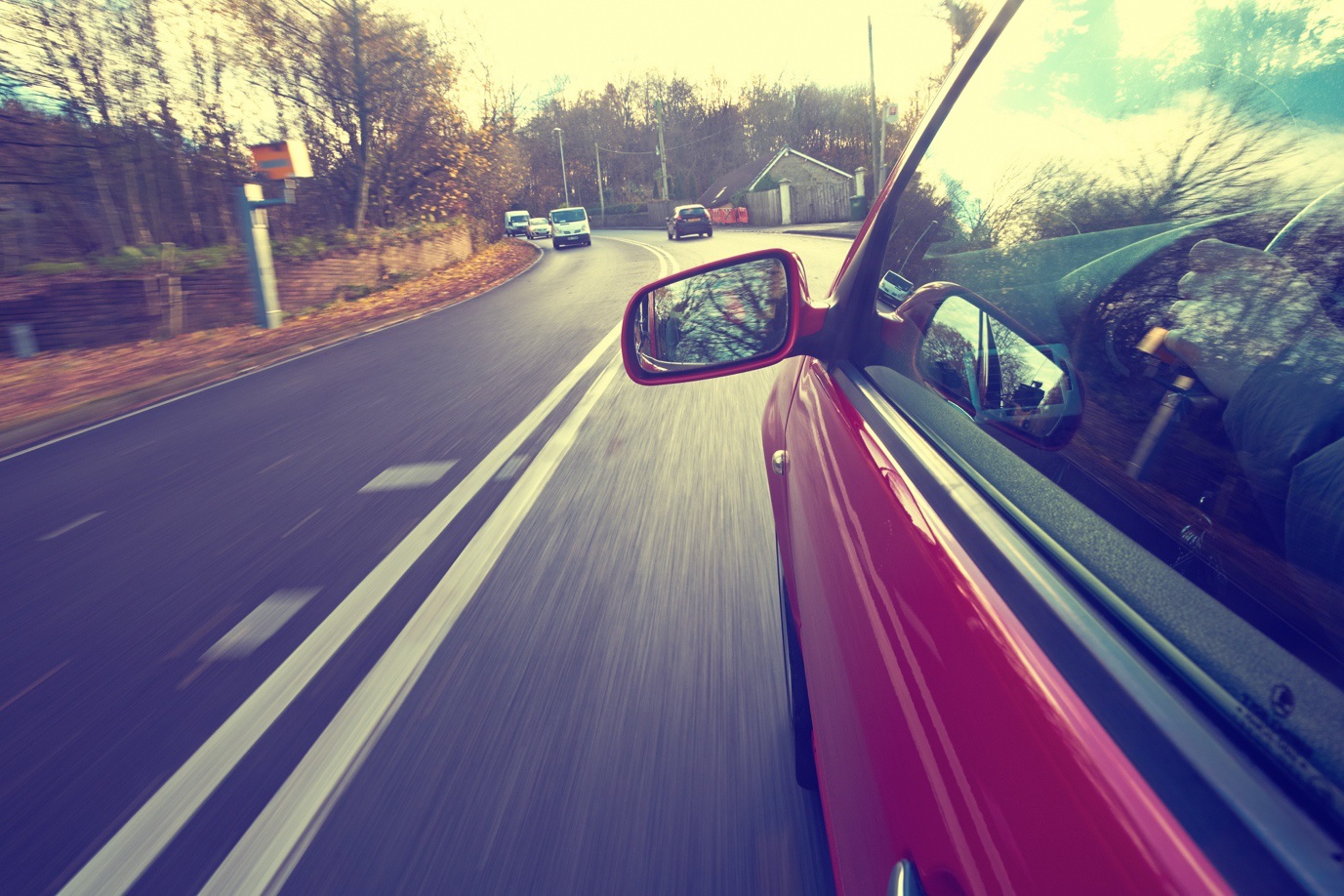It’s fair to say that scrapping your car has not always been a terribly exciting process. Until recently, it demanded a lot of time and paperwork, but thankfully it’s all getting gradually easier today – partially due to the rise of organisations like Scrap Car Network, who dedicate themselves to making the process as quick and easy as possible, helping consumers to get a quote for their car in as little as ten seconds. Once you’ve scrapped your car with an licensed scrapyard (also known as an Authorised Treatment Facility), you may assume that’s your part over and done with. But before you move onto something else, there are a couple of final things to check off your to-do list.

1. Make sure you’ve received your Certificate of Destruction
Your Certificate of Destruction is a key legal document which essentially frees you from legal responsibility over the car, and acts as proof that the scrapyard you’ve used has disposed of it responsibly. Scrap Yards are mandated by law to provide you with a Certificate of Destruction, so you should always double-check you’ve got it. There’s no good reason for you not to have received one, so if you’ve not got yours, you’ll need to follow up with the scrap yard and find out why. If they’re evasive or can’t give you a clear timescale, it’s wise to take the matter up with the DVLA – if your car hasn’t been scrapped properly, it opens you up to litigious risk, as you’re still the one legally responsible for it.
Happily though, this sort of scenario is relatively rare – most Authorised Treatment Facilities will commit to supplying yours within a set timescale. Scrap Car Network, for example, will generally be able to get yours to you within two weeks. These days, it’s possible to get your Certificate of Destruction digitally, in which case it’s wise to print it out and keep a physical copy.
2. Contact your car insurer to cancel your insurance
Once your car has been scrapped, your next logical step will be to contact your car insurer directly to discuss what you want to do with any remaining insurance. Obviously, your specific available options may well depend on your insurer, but on the whole they’ll generally offer you the option of transferring any funds you hold with them over to your next vehicle, or simply giving you a direct refund for any unused months.
3. Tell the DVLA you’ve scrapped your car
You may well have seen this piece of advice around the web before, or even in person from anyone’s who’s previously scrapped their car. Now, if you’ve received your Certificate of Destruction, some would (not unfairly) say that you don’t have to worry about informing the DVLA, as its existence proves that the scrap yard has informed them on your behalf anyway. However, it’s not unheard of for Certificates of Destruction to be falsified, and given that the penalty for failing to inform the DVLA can result in a £1000 fine, it’s worth contacting them yourself to be on the safe side. Whether or not you have your vehicle logbook (otherwise known as your V5C) may well affect how you contact the DVLA, and what you need to tell them.
You can contact the DVLA using their online web tool, or alternatively by sending them a letter to:
DLVA
Swansea
SA99 1BD
If you have the logbook when you scrap your car
When you scrap your car with an Authorised Treatment Facility, you’ll typically need to hand over your V5C to them. When you do this, you’ll also need to ensure that they fill in their details on the attached yellow slip (the V5C/3). This yellow slip is the section that concerns selling or transferring your vehicle to a motor trade, insurer or dismantler. Keep this – it will provide you with an 11 digit reference number, which you’ll need to forward to the DVLA. Once you’ve given this number to the DVLA, either through their online form or in writing, you can then destroy the remaining logbook.
If you’ve lost your logbook
If you can’t find your V5C when it comes to scrap your car (which is not uncommon), the good news is that most modern scrap yards don’t need it. Instead, they’re required by law to keep a record of your ID, which will remain on their system for three years. This means the V5C is still helpful, but not absolutely essential.
When it comes to letting the DVLA know, you need to make them aware of:
- Your name and address
- Your vehicle registration number
- Its make and model
- The exact date of sale
- The name and address of the scrap yard (or insurance company)
That’s all there is to it! Once the transaction is complete and the DVLA has confirmed that you no longer have legal responsibility for the vehicle, that’s your part completely over and done with. After that, it’s just a matter of checking your bank account, and deciding what you’re going to spend the cash on that you receive from your car.
